BY ‘LOLU LUSI
Saleh Musa had often told fellow villagers of Dakadtsalle in Damau district, Bebeji LGA of Kano state, of an uncle, who, he learnt, left the farming village for greener pastures but never returned.
Then, on the morning of Sunday, May 30, Musa, who put his own age at 75, was summoned to the palace of Auwalu Ibrahim Damau — the traditional head of the village or Sarkin Damau — where two village elders and five others had gathered, to meet a frail old man. Seated across from the Sarkin Damau was a huge man whose face was not familiar to Musa.
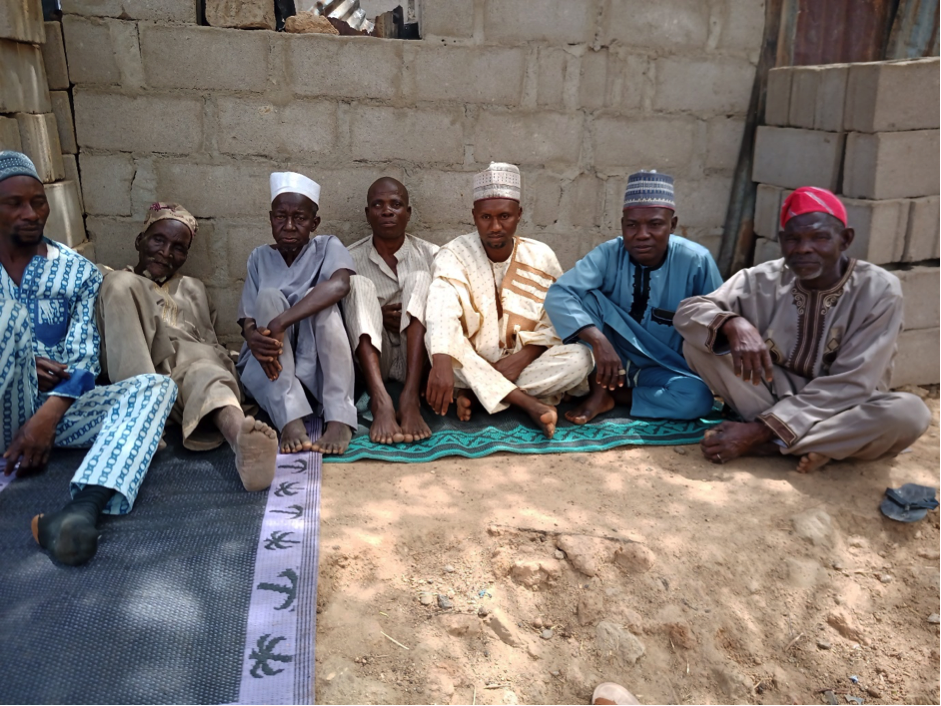
When Musa settled down, the old man, who still has a sharp memory, recounted the story he had told the Sarkin Damau and others: how he left the village in his twenties and the names of all his siblings in the order of their births, and one of them was Saleh’s father.
That was when it dawned on Musa that this old man is Saidi (or Seidi or Seedi) Abdullahi, his father’s younger brother whom he had long given up for dead believing that “they would only meet in heaven”. He intoned “Alhamdulillah” several times.
Advertisement
The other stranger in the palace was Olumuyiwa Adepitan who had made the incredible reunion possible.
Abdullahi told TheCable, through an interpreter, that he was born “when Abdullahi Bayero was installed as the emir of Kano”. That was 1926, which would make him about 95 years old. But his national ID card gives his birth year as 1938 while his voter’s card has 1939. These two identification materials are some of the memorable documents, including receipts, he kept in a black wallet he brought with him to the village.
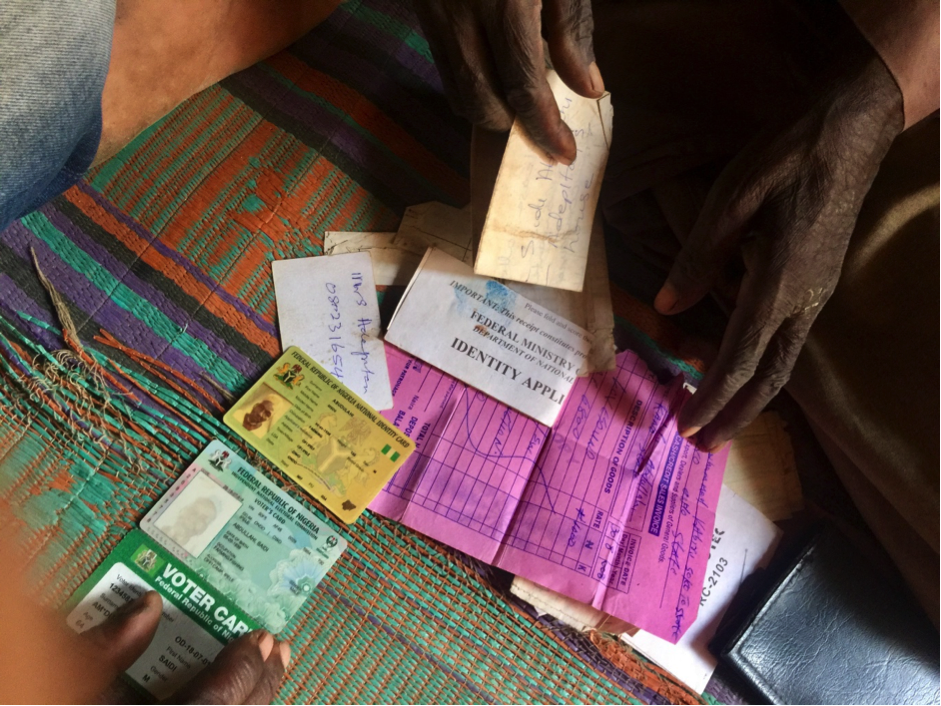
Advertisement
He remembers leaving Dakadtsalle at the age of 22 for Ibadan to trade in kolanut or gworo. Before then, his wife Asiyat Usman, a native of Zaria, Kaduna state, had given birth to three male children. “The three children died young, one after the other,” he said.
Asiyat refused to go with him to Ibadan.
Four years later, he received a letter of divorce from her. Abdullahi simply moved on with his life, unmarried and without children.
Abdullahi said he and his partners bought gworo from Ikenne, transporting them to Ibadan for sale. “We used to meet (Chief Obafemi) Awolowo’s mother who took us like her own children and always showed us kindness,” he said.
Advertisement
After 22 years in Ibadan, he moved to Ado Ekiti where he continued trading in gworo and, six years after, moved 92 kilometres away to Ipele, a neighouring town of Owo, the hometown of Rotimi Akeredolu, Ondo state governor.
In Ipele, he began another vocation — making the local sponge called kankan.
He eventually abandoned this for farming and that is where his life and the Adepitans’ intertwined.
It started with Joseph Adepitan, Olumuyiwa’s grandfather, who owned a large farm where he cultivated cocoa, kolanut, cashew, coconut.
Advertisement
Abdullahi recalls: “Whenever I was returning from my daily hustle, I would drop by the farm and the Baba made me feel at home and always gave me food.”
That farm was inherited by Samuel Oludaisi Adepitan – Olumuyiwa’s father – who simply wanted to keep his father’s legacy going as he was a top federal civil servant. He retired in 1991 as director of finance and accounts, federal ministry of youth and sports.
Advertisement
“We went to Ipele, at Easter of 1992 for a two-week holiday,” Olumuyiwa recalls, adding: “That was when my dad found out that the farm’s caretaker (one Yahaya from Okene, Kogi state) was stealing farm supplies and cutting hardwood trees for sale without permission. Dad sacked Yahaya and evicted him from the boys’ quarters on the farm where he lived. We were returning to Lagos on 25 April 1992 and had an accident on the Ore-Ijebu expressway. Dad was thrown out of the windscreen, and he died instantly, semi-decapitated; he was not wearing his seat belt. Mother wore hers; that was what saved her.”
Olumuyiwa was in the car with two of his cousins.
Advertisement
After her husband’s death, Florence Folasade Adepitan decided to keep the farm going. She asked around for a reliable caretaker and almost everyone recommended Abdullahi, the man from Dakadtsalle. He was hired and he moved into the boys’ quarters and handled the farm diligently, keeping to the contractual arrangements with Florence. “I was told to rent the farm to nine people at N200 each. Later we tried to increase the rent to N500, but the people were not willing to pay,” he said.
Abdullahi said he made a promise to Florence that he would continue “to protect the farm until ‘Muyiwa came back to take it over”.
Advertisement
Olumuyiwa, a 2004 graduate of architecture from the Obafemi Awolowo University, ran a restaurant with his wife in Lagos and Ibadan, until they switched to catering.
“Even as my mother had kept drumming it in the ears of her children – three boys and two girls – that we must not abandon the farm when she passed away, she seemed confident that I would (be the one) to take over the farm,” Olumuyiwa said.
Two weeks to her 80th birthday, on October 14, 2017, Florence died “of heart failure because of a stroke, due to medical negligence,” said Olumuyiwa, adding: “My mother’s death made me resolve to relocate fully to Ipele in January 2019.”
Fast forward to May 25, 2021, Abdullahi told Olumuyiwa he would like to find his way back to Dakadtsalle. “He said he was thankful to God for sparing his life and giving him the opportunity to give his best on the farm. He recalled the promise he made to my mum, and her assurance to him that I would be back after growing up to take over the farm.”
Olumuyiwa, whose Twitter handle is @sarnchos, is widely known on the microblogging site as one who readily gives of his knowledge on agriculture and agribusiness. Back in March 2019, he had introduced Abdullahi to his 19.1k followers.
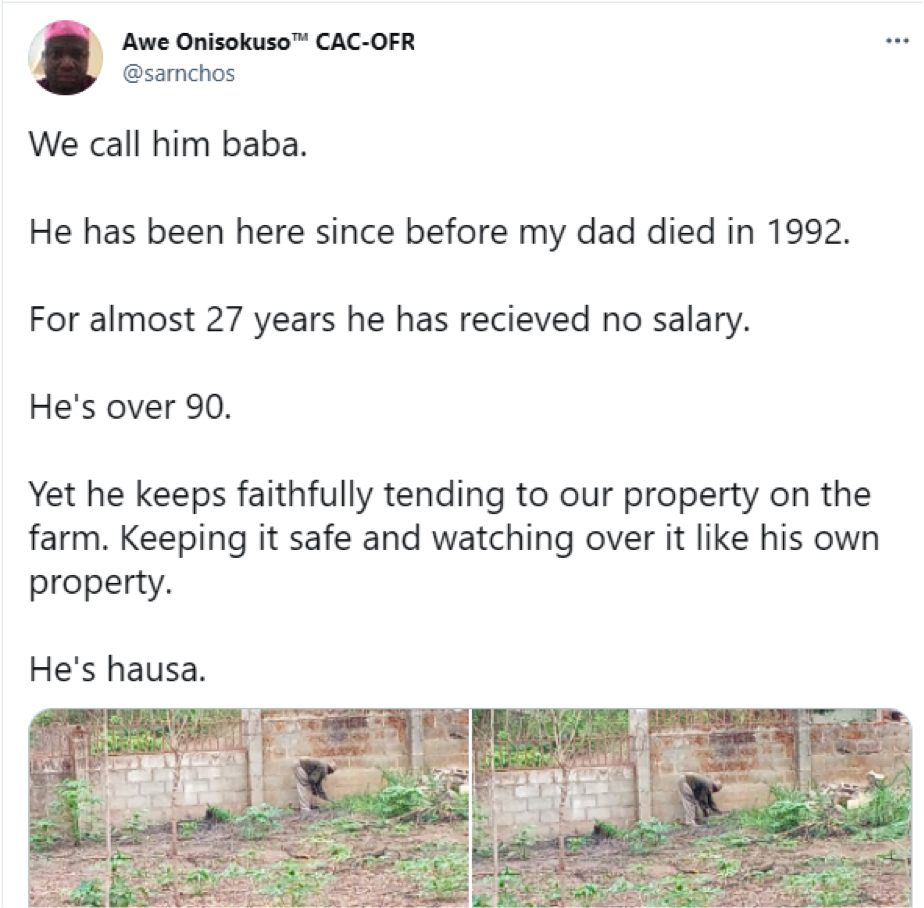
On May 26, he announced to his followers that he had to take “Baba” back to his village.
Nudged by some of his followers, he decided to pitch for a retirement fund for Abdullahi. Within hours of the post, donations started flowing in, in cash and kind, and as at 2:25am on June 2, the sum received had reached N968,500 (inclusive of funds from overseas which were converted to naira).
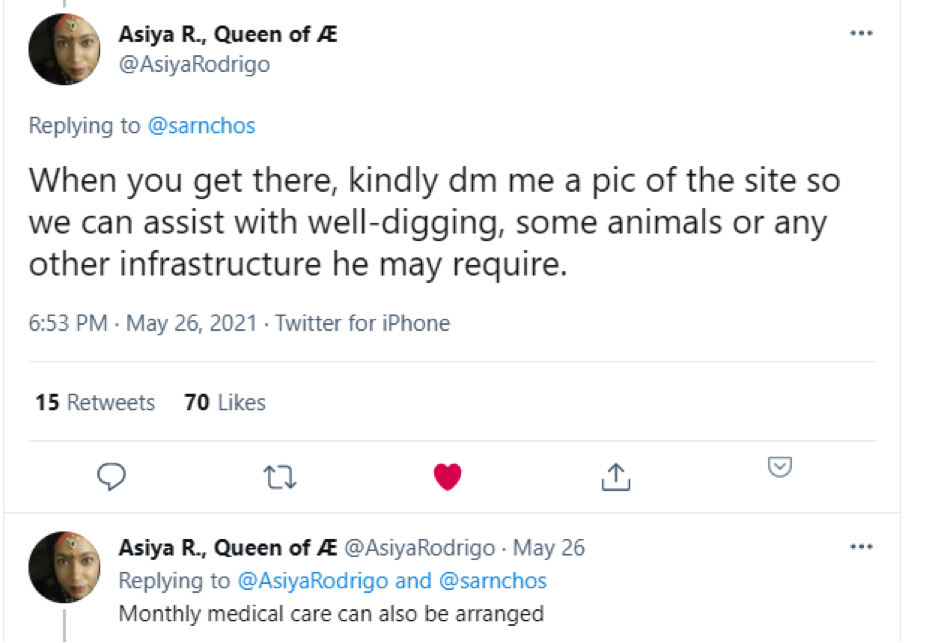
Asiya Rodrigo, a social entrepreneur experienced in leading pro-poor initiatives and capacity building for community-driven associations in several West African countries including Nigeria, promised to “assist with well-digging, some animals or any other infrastructure he may require…and monthly medical care can be arranged”.
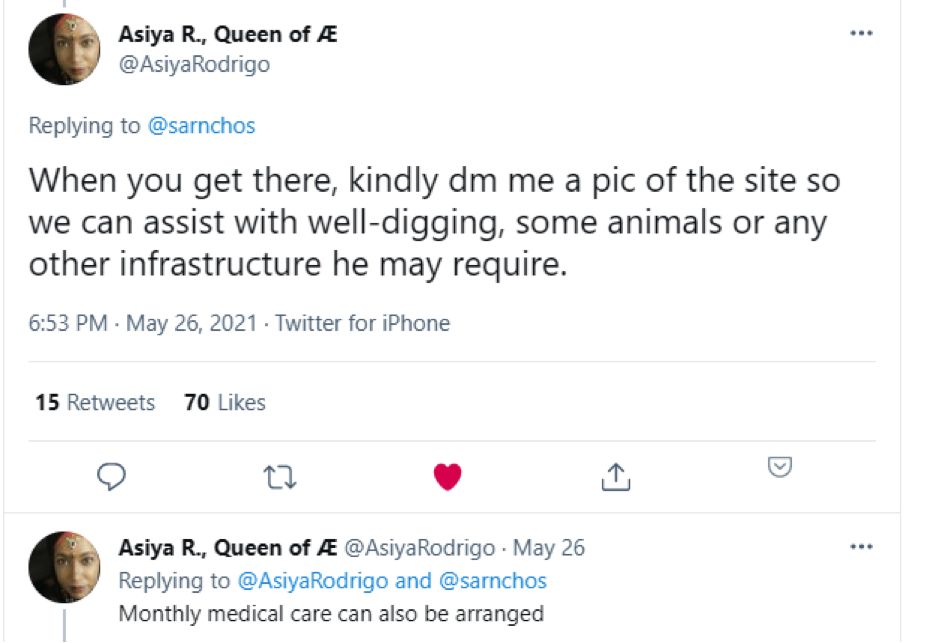
On June 1, Olumuyiwa gave the Sarkin Damau money to begin work on Abdullahi’s house in the village. By the following morning, masons had started work on the building, with the Sarkin Damau supervising and ensuring that all payments are accounted for.
Olumuyiwa told TheCable that Rodrigo’s group took Abdullahi to the hospital on June 3 for the treatment of his leg that was fractured some eight weeks ago in Ipele.
It is a new lease of life for Saidu Abdullahi and as he told TheCable on Tuesday in passable English and a twinkle in his eye, “I am happy too much…Alhamdulillah”.
2 comments
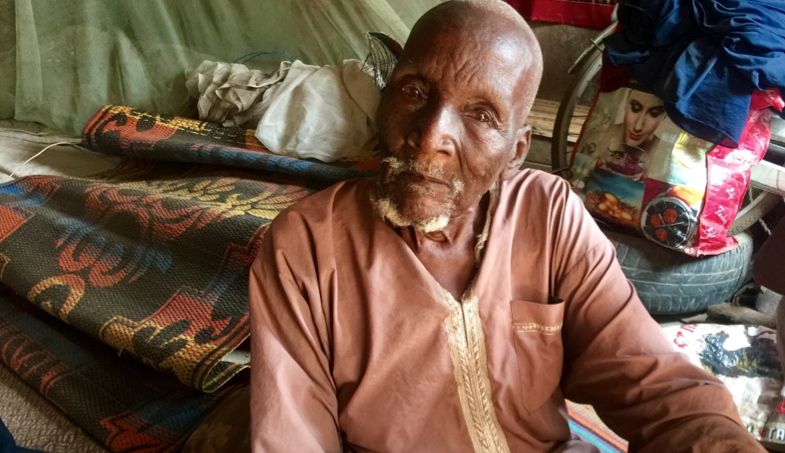
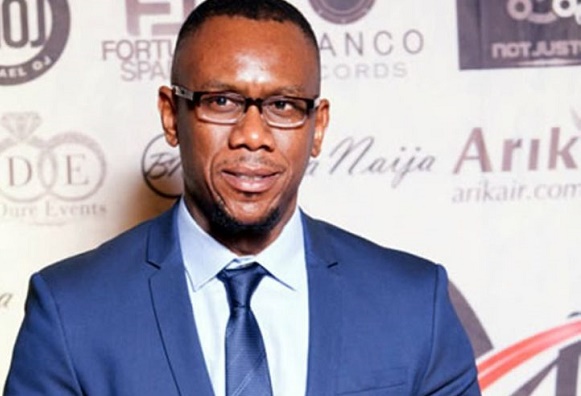


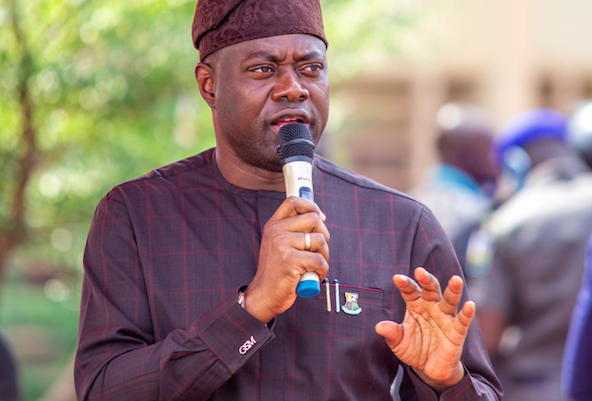

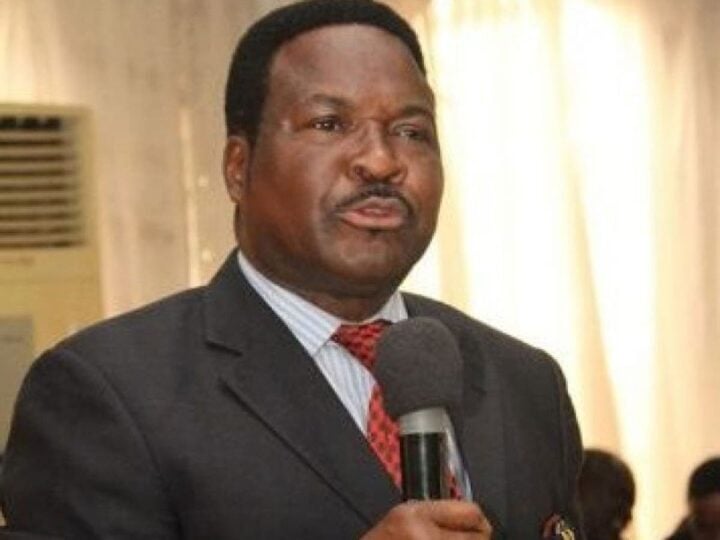
There was also a case of land stripped from the family by the Sarkin Damau at the time
Humanity at work.